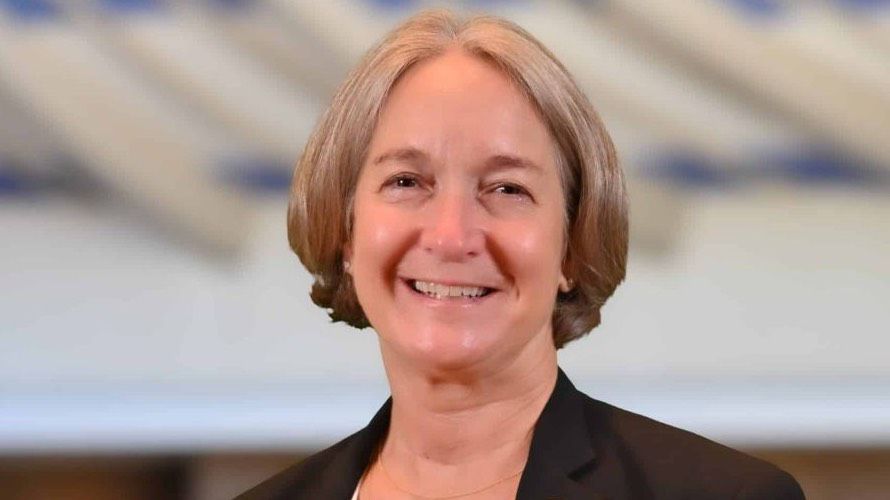State Attorney General Anne Lopez has joined a coalition of 24 state attorneys general in calling on Congress to pass legislation that would extend eligibility for housing loans and educational assistance to Black World War II veterans who were previously denied benefits on the basis of race as well as their surviving spouses and certain direct descendants.
The Sgt. Isaac Woodard, Jr. and Sgt. Joseph H. Maddox GI Bill Restoration Act of 2023 (House Resolution 1255) is named in honor of two Black World War II veterans. In 1946, Woodard, who was in uniform, was beaten and blinded by South Carolina police who dragged him from a bus. Maddox was accepted by Harvard University but denied financial assistance from his local Veterans Affairs office because the agency wanted to “avoid setting a precedent.”
In a letter, the coalition argued that the legislation helps to rectify past injustices and promote economic growth by expanding access to home ownership and education.
The letter was transmitted on July 26, the 75th anniversary of the Pres. Harry Truman’s signing of Executive Order 9981, which abolished racial segregation in the U.S. armed forces.
“The Sgt. Isaac Woodard, Jr. and Sgt. Joseph H. Maddox GI Bill Restoration Act of 2023 recognizes the discrimination Black veterans often faced when they sought the same educational and housing benefits afforded to others,” says First Deputy Attorney General Matt Dvonch, who is serving as acting attorney general while Lopez is out of state. “The bill is an important step toward addressing this historic injustice.”
As the coalition noted, while the text of the G.I. Bill was race-neutral, the administration of benefits proved to be discriminatory, leading to Black World War II veterans often being denied opportunities. Institutions adopted the Federal Housing Administration’s racial exclusion programs, known as redlining, which excluded Black veterans from accessing the housing loan guaranty program. Black veterans were also denied access to educational benefits at certain universities on the basis of their race and were instead directed to vocational schools and chronically under-resourced historically Black colleges and universities.
The measure, introduced by Rep. Seth Moulton, D-Mass., and James E. Clyburn, D-S.C., would extend access to the VA Loan Guaranty Program and Post-911 GI Bill educational assistance benefits to the surviving spouse and certain direct descendants of Black World War II veterans who are alive at the time of the bill’s enactment, if they can certify that the veteran was denied a specific benefit on the basis of race.
It would also require a Government Accountability Office report outlining the number of individuals who received the educational and housing benefits as a result of this bill and establish a panel of independent experts to study inequities in the distribution of benefits and assistance administered to female and minority members of the armed forces and provide recommendations to Congress and the president on additional assistance to repair those inequities.
“The undersigned attorneys general share a deep belief in and commitment to supporting and advancing economic opportunity for all our nation’s veterans,” the coalition stated in its letter. “We recognize that there is much more work to do in that regard, especially to ensure that all veterans have access to the benefits they deserve, including healthcare, housing, education and disability-related benefits. In that spirit, we would support expanding the scope of the bill to cover any other veteran (or their descendant) who may have been unfairly denied benefits that they were entitled to under the GI Bill.”
The letter was co-led by Massachusetts Attorney General Andrea Joy Campbell, New Hampshire Attorney General John Formella, and Illinois Attorney General Kwame Raoul. In addition to Lopez, it was joined by the attorneys general of Arizona, California, Colorado, Connecticut, Delaware, District of Columbia, Maine, Maryland, Michigan, Minnesota, Nevada, New Jersey, New Mexico, New York, Oregon, Pennsylvania, Rhode Island, Vermont, Washington, and Wisconsin.
Michael Tsai covers local and state politics for Spectrum News Hawaii. He can be reached at michael.tsai@charter.com.





